Peterson Academy – John Vervaeke – Intelligence, Rationality, Wisdom, Spirituality
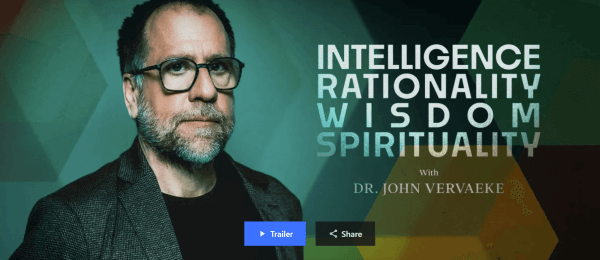
Dr. John Vervaeke
Cognitive Scientist
In Intelligence, Rationality, Wisdom, and Spirituality, an eight-hour course, Dr. Vervaeke explores the core components of cognitive agency, including intelligence, rationality, wisdom, and spirituality. We delve into the challenges of adaptive intelligence, the deep continuity between mind and life, and the role of meaning, love, and mattering in human cognition. The course examines the complex nature of rationality, its relationship to intelligence and the environment, and introduces the concept of proleptic rationality and the importance of imaginal practices for personal growth. Finally, we discover the profound connections between ritual, rationality, wisdom, and spirituality, emphasizing the transformative power of serious play and imaginal engagement in fostering perspectival and participatory knowing.
Lectures
1. Cognitive Agency
In our first lecture, we are introduced to the core components of cognitive agency – intelligence, rationality, wisdom, and spirituality. Dr. Vervaeke explores the challenges of adaptive intelligence, focusing on the frame problem and the difficulty of efficiently searching vast problem spaces to find relevant information. Dr. Vervaeke emphasizes the central role of relevance realization in human cognition, arguing that it is more fundamental than representations, rules, and reasoning.
2. Intelligence and Predictive Processing
In lecture two, we delve into the deep continuity between mind and life, exploring how the principles governing biology are continuous with those governing cognition. The lecture introduces the concept of “religio” to capture the multidimensional, dynamically self-organizing process of evolving our optimal grip on the world, which is central to cognitive agency and general intelligence. The discussion highlights the convergence of relevance realization theory and predictive processing frameworks, proposing that general intelligence is anticipatory religio for an autopoietic agent.
3. Meaning and Bias
In lecture three, we explore the connections between meaning in life, religio (a sense of connectedness), and the human tendency towards self-deceptive and self-destructive behavior. Dr. Vervaeke argues that love and mattering, which involve turning the arrow of relevance towards others and the world, are crucial for a meaningful life. However, the very cognitive processes that make us intelligently adaptive also make us prone to biases and irrationality, as demonstrated through various psychological experiments on probability judgments, framing effects, belief perseverance, and motivated reasoning.
4. The Context of Rationality
In lecture four, we look at the complex nature of rationality and its relationship to intelligence, logicality, and the environment. The discussion highlights the challenges in studying rationality, the limitations of purely formal approaches, and the need to consider the ecological context in which rationality operates. Dr. Vervaeke emphasizes the importance of developing an aspirational dimension to rationality and the moral imperative to become more rational and wise in the face of emerging artificial intelligence technologies. In this session, we are introduced to the first two rationality debates.
5. Rationality and Transformation
In lecture five, we finish the second rationality debate and look at the third rationality debate, which emphasizes the aspirational and developmental dimensions of rationality. We explore the concept of transformative experiences, such as becoming a parent or entering a long-term romantic relationship, which require non-inferential leaps and serious play to navigate the unknown. We are also introduced to proleptic rationality, the rationality of aspiration, and discuss how imaginal practices, like the Stoic “view from above” or Tai Chi Chuan, can facilitate perspectival and participatory transformations essential for personal growth and wisdom cultivation.

6. Rituals for Wisdom
In our sixth and final lecture of this course, we dive into the profound connections between ritual, rationality, wisdom, and spirituality. Dr. Vervaeke argues that ritual is a crucial aspect of human existence, serving cognitive functions that enhance our ability to know and engage with the world. Rituals, when practiced with serious play and imaginal engagement, can lead to transformative experiences, decentering the individual and fostering perspectival and participatory knowing. The course concludes by proposing that wisdom, characterized by perspectival metacognition and the ability to see through illusion into reality, is essential for achieving well-being and falling in love with the world, ultimately leading to a more rational, meaningful, and spiritual life.







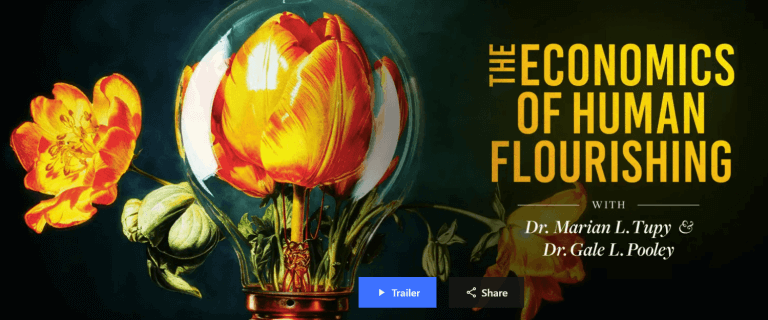
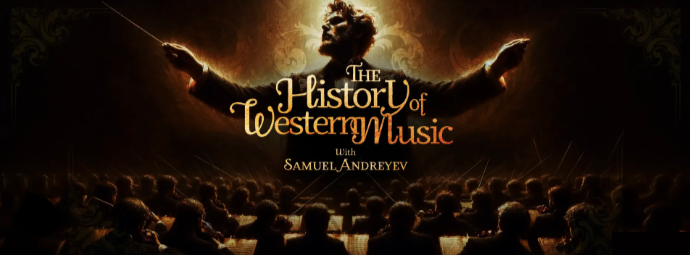
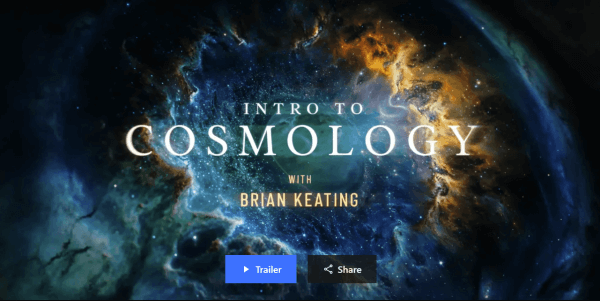
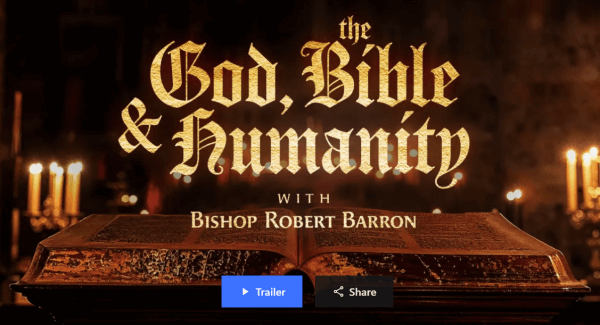
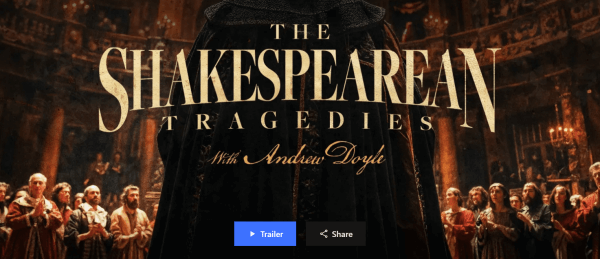
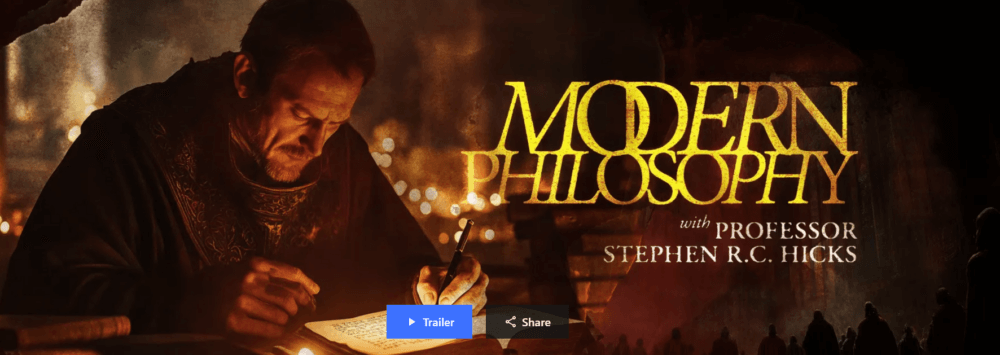

Reviews
There are no reviews yet.